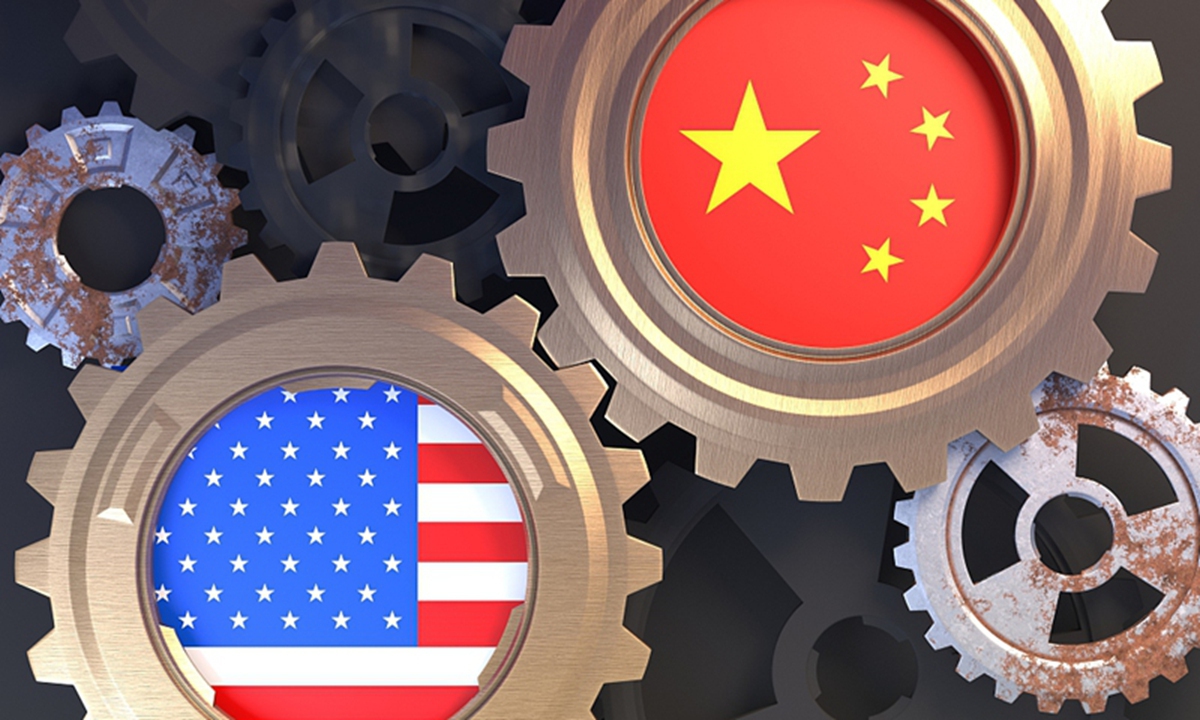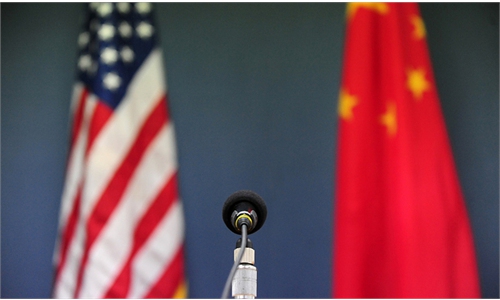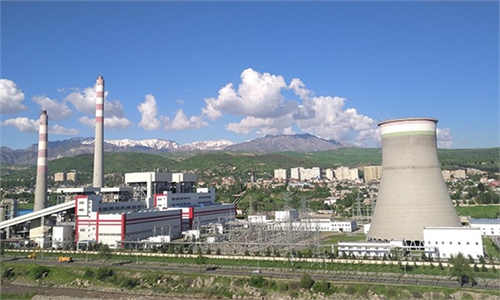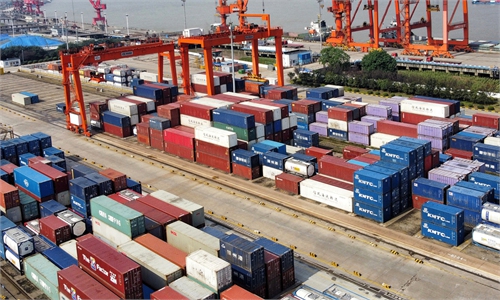
China US
As the world is facing major changes unseen in a century and the repeated impact of the COVID-19 epidemic, the theme of the era of peace and development is facing severe challenges from the forces of unilateralism and protectionism. The global economic recovery is slowing down, and the internationally recognized market rules and multilateral system established after World War II are being severely impacted by those wielded to hegemony and zero-sum thinking. The global industrial chain and supply chain have been damaged, and inflation and other issues are complicated and intertwined. Where is the world going - peace or war, development or recession, openness or closure, cooperation or confrontation - has become the question facing all countries. The world is once again standing at the crossroads of history. As the top two economies, China and the US have made opposite choices.The US was once an advocate of "openness, inclusiveness, and confidence," a promoter of globalization, and a bellwether of free trade rules. At the beginning of China's reform and opening up, the US asked China to open its market and implement free trade in accordance with the international rules set by the US. For more than 40 years, China has been integrating into the international community with the concept of open cooperation, mutual benefit and win-win results, and has become the defender of free and fair trade and the guardian of international fairness and justice. However, the US has engaged in unilateralism and protectionism, built trade barriers and border walls, wielded the stick of sanctions, and artificially opposed free trade and technology exchanges. It has become a betrayer and destroyer of the globalization it once advocated.
In recent years, in the international scientific and technological competition, the US has continuously developed its narrow-minded technological nationalism into scientific and technological hegemony, ignoring the widely recognized international rules, and repeatedly resorting to political means to interfere with the peaceful use of science and technology by the international community, which has seriously deviated from the track of healthy competition.
In order to curb China's competitive advantage in the 5G field, the US suppressed the Chinese company Huawei through despicable means such as arrests and prosecutions. In order to curb the development of China's military high-tech, the US has relentlessly introduced various control measures and sanctions lists, using "Chinese military companies" and "contributors to military-civilian integration" as excuses to suppress China's high-tech enterprises.
In order to maintain its competitive advantage in the information high-tech industry, the US has introduced the "CHIPS and Science Act of 2022," which will intensify the squeezing of and discrimination against China's technology supply chain, and comprehensively restrict international exchanges and cooperation related to China's semiconductors. In October, out of the need to maintain its own technological hegemony, the US once again introduced new semiconductor export control regulations targeting China, restricting the export of advanced chips and manufacturing equipment to China.
In the guise of "national security," the US' practice of trade and technological bullying deviates from the principle of fair competition and violates international economic and trade rules. It will not only damage the legitimate rights and interests of Chinese companies, but will also affect the interests of American companies. This practice hinders international scientific and technological exchanges and economic and trade cooperation, and will have an impact on the stability of the global industrial and supply chains and the recovery of the world economy. In addition to containing and suppressing China in the bilateral relationship, the US is also trying to create a "small circle" of export control alliance in the international community, turning international multilateral mechanisms into tools to achieve its political goals. All these practices have been widely questioned by the international community.
China has always upheld an open and inclusive attitude, and actively carried out international scientific and technological exchanges and cooperation on the basis of mutual respect, equal treatment, mutual benefit and win-win results.
Today, China is actively integrating into the global innovation network to create a world-class open innovation ecosystem with win-win cooperation. For example, the Juncao technology, which in Chinese means breeding fungi with herbaceous plants, has been used in more than 100 countries and regions, effectively promoting poverty reduction and employment. After China's COVID vaccines are developed and put into use, they serve as a global public product and make an important contribution to the accessibility and affordability of vaccines in developing countries. Relying on a number of technologies with completely independent intellectual property rights, China's high-speed rail has been used in Europe, Asia, Africa, Latin America and other regions, facilitating interconnection and benefiting local communities.
In November 2021 and November 2022, the First Committee of the UN General Assembly twice adopted the resolution "Promoting International Cooperation on Peaceful Uses in the Context of International Security" led by China, which opened up issues such as peaceful uses and export control within the framework of the UN. The new process of inclusive dialogue reflects the reasonable demands and strong consensus of the international community, especially developing countries, on the peaceful use of science and technology, which is in stark contrast to approach taken by the US.
In the current situation where the conflict between Russia and Ukraine continues, inflation in Europe and the US remains high, the world suffers from supply chain disorder, and growth expectations are sluggish. The US is trying to promote "decoupling" in the high-tech field, which has brought great harm to the global economy. Even the public opinion in the US and its allies have questioned its effectiveness and scientific nature. The strategic miscalculations undermining America's technology competition with China.
The international community has clearly realized that behind the different choices of China and the US, there are differences in the two concepts. Starting from a community with a shared future for mankind, China insists on working together for mutual benefit and win-win results as the only correct choice. Therefore, China is willing to achieve mutual success with the world through openness. However, the US, which claims to be the defender of today's world order, has anxiety and fear of the rapid development of other countries, and has slipped into conservatism without confidence.
If civilization is self-enclosed for a long time, it will inevitably decline. The lessons of history and the reality of the situation are worthy of serious reflection by elites in Washington. Let unity replace division, cooperation replace confrontation, tolerance replace exclusion. Only in this way can we tide over difficulties and create a better future together.
The author is a research fellow with China Arms Control and Disarmament Association. bizopinion@globaltimes.com.cn



